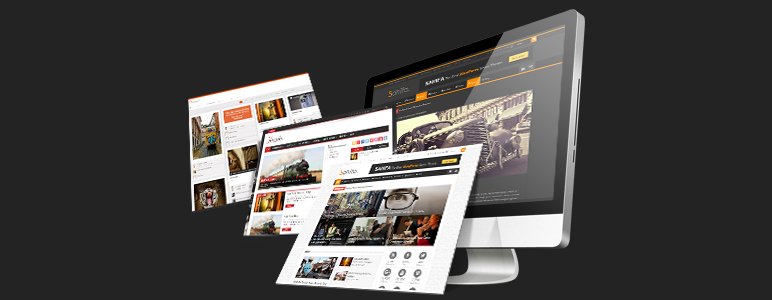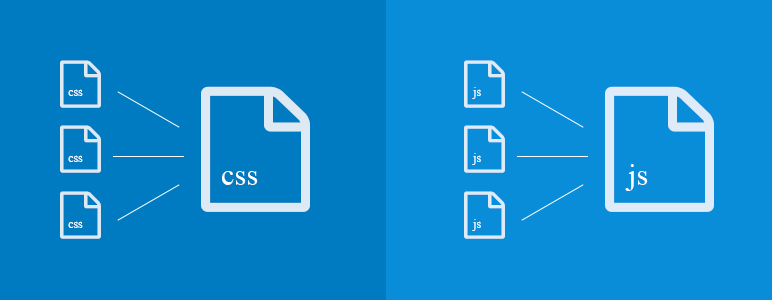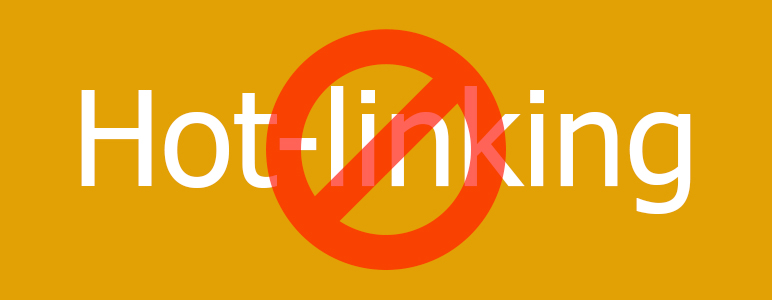Improving WordPress Speed is a hot topic these days. If your website is slow, please read this article carefully as we in TieLabs will list useful tips & tricks on improving your WordPress speed.
First off, make sure that you read part one and part two on how to improve your WordPress website speed.
Improving WordPress Speed is Important!
It is important to care about your WordPress website speed if you're looking to build a successful website. Today, I would like to walk you through my last tutorial on how you can improve/enhance your WordPress website speed. You don't need to be experienced in coding in order to apply the techniques detailed below.
Check Your WordPress Theme

Using a lightweight theme for your website is a substantial step for improving WordPress speed.
WordPress themes with a lot of features, sliders, widgets and many useful elements is extremely an important demand these days. Every website's owner is looking for a theme which will make his website looking better. This will attract more audience to your website, right?
Let's say that you have installed a very beautiful premium OR even free theme with a lot of elements and unexpectedly, you discovered that your website is loading slowly! Will that be good for you, your audience and the search engines? Of course NOT.
Having a bloated WordPress theme can be very harmful to your website speed. So, you have to make sure that your theme is running smoothly or you'll have to consider changing your theme before losing your website traffic.
You can use the default theme comes with WordPress, or you can search for a feature-rich theme that uses a good framework like Bootstrap. For example, all themes at TieLabs provide a great combination of features and elements to keep your WordPress speed up.
Minify CSS and JS files

Minifying or Compressing your CSS and JS files (by removing the white spaces, comments …etc) will definitely help you in improving WordPress speed!
Previously in part one, I explained how you can measure your website speed using several tools like Pingdom and Google Insights. If you tested your website with Google Page Speed Insights tool, you will likely be notified about reducing the size of your CSS/JS files.
You can install the most popular WP plugin Autoptimize (recommended) to speed up your website. It will help you to save your bandwidth, and minify your CSS, JS, and even the HTML files. There are other plugins that minify your website files like Minify, Better WordPress Minify, and WP Minify.
Disable Hotlinking, AKA “Bandwidth Stealing”

If you don't know what meant by Hotlinking, it's when an image is served on a different website from your server.
Sometimes, other website owners don't save your image and uploading it on their own servers, they just use a direct link to your images and stealing your bandwidth.
This will not speed up your website directly, but it will reduce the load on your server. That can be done by adding the code below to your .htaccess file in WordPress root:
RewriteEngine on
RewriteCond %{HTTP_REFERER} !^$
RewriteCond %{HTTP_REFERER} !^http(s)?://(www\.)?yourdomain.com [NC]
RewriteRule \.(jpg|jpeg|png|gif)$ – [NC,F,L]
You can read more about preventing hotlinking of images and other file types on JavaScript Kit.
Disable Trackbacks and Pingbacks
Pingbacks and Trackbacks are two WP core methods for alerting blogs that you have linked to them. You can read more information in detail here.
They also add additional requests for your server because whenever anyone tries to link up to your website, it generates requests from your website back and forth.
You can disable them together in Dashboard -> Settings -> Discussion. Just deselect “Allow link notifications from other blogs (pingbacks and trackbacks)”. This will reduce the requests to your server, increase your site loading speed, and will reduce spam too.
Reduce External Scripts As Possible
When it comes to improving WordPress speed, then external scripts count! Check your website request via Pingdom Wesite Speed tool.
The external scripts requests added to your total loading time, so it is important to use a low number of scripts as possible. Maybe you can use the essentials ONLY like tracking codes (e.g. Google Analytics) or comments systems (e.g. Disqus and Facebook comments).
Lastly, we published the series of “How to improve WordPress website speed” to help you speed up your site loading.
It's important to take care of your website loading time because it will help you in improving your visitors experience. It will also improve your rank in the search engine resluts pages (SERPs).
If you have other useful tips to speed up the WordPress speed, please share them in the comments.